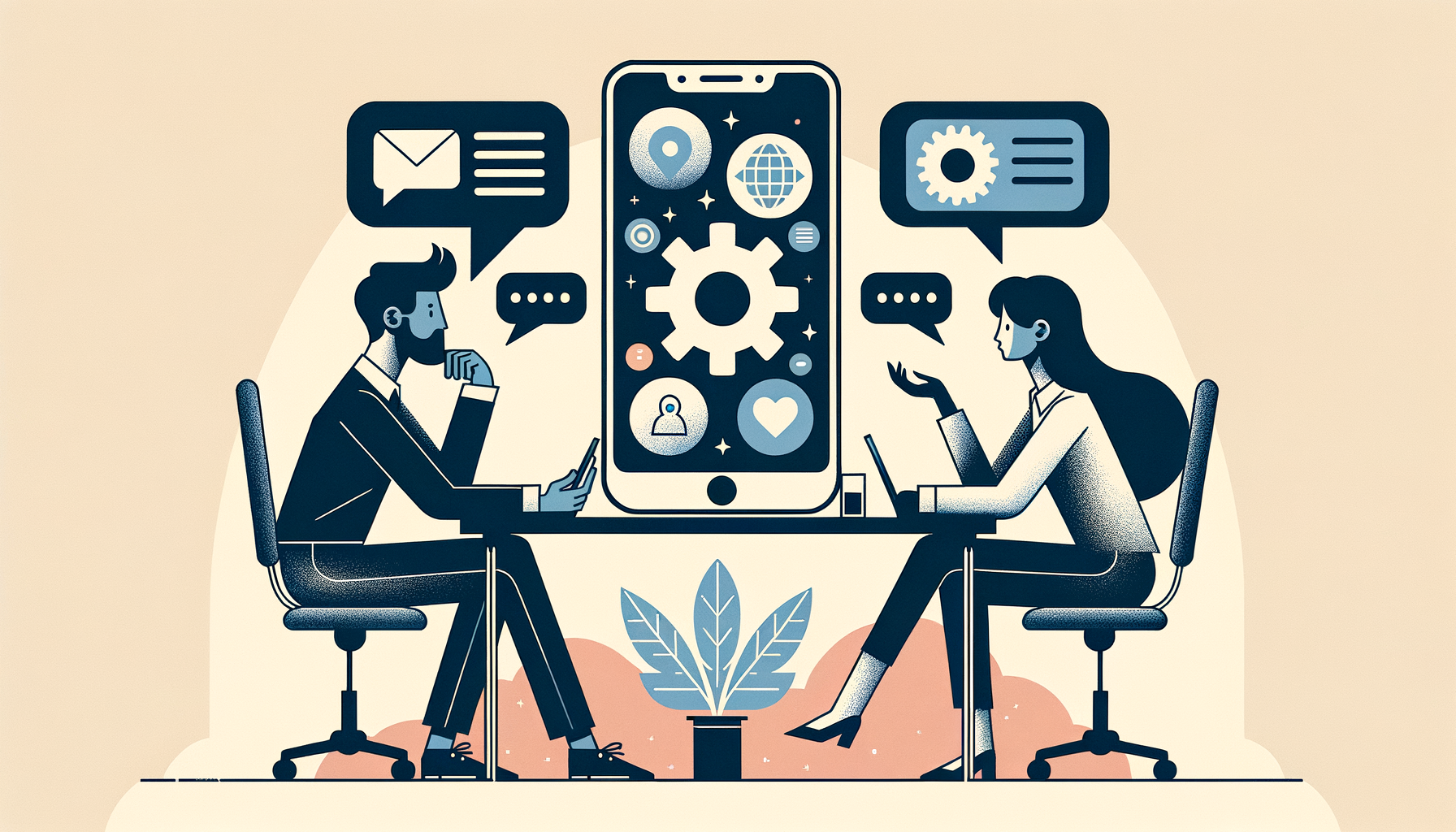Introduction
In the digital age, the proliferation of mental health apps has been nothing short of remarkable. These applications, designed to provide support and resources for individuals grappling with mental health issues, have surged in popularity. However, as their prevalence grows, so too does the debate surrounding their efficacy and potential risks. This article delves into the rise of mental health apps, the ongoing discourse about their effectiveness, and the potential hazards they may pose.
App Efficacy Debate

The discourse surrounding the efficacy of mental health apps is multifaceted and complex. On one hand, proponents argue that these apps provide accessible and affordable mental health resources. They point to the convenience of having therapeutic tools at one’s fingertips, the anonymity that these apps provide, and their potential to reach individuals who may not otherwise have access to mental health services.
However, skeptics question the effectiveness of these apps, citing a lack of empirical evidence to support their claims of efficacy. They argue that while these apps may be beneficial for some, they are not a substitute for professional mental health services. Furthermore, they express concern that these apps may give users a false sense of security, leading them to neglect seeking professional help when needed.
The debate is further complicated by the fact that the effectiveness of mental health apps can vary greatly depending on the individual user. Factors such as the user’s specific mental health needs, their level of comfort with technology, and their access to other mental health resources can all influence the effectiveness of these apps.
Mental Health Apps Surge
Despite the ongoing debate about their efficacy, the popularity of mental health apps continues to surge. This can be attributed to a variety of factors. Firstly, the stigma surrounding mental health is gradually diminishing, leading more individuals to seek help for their mental health issues. Secondly, the convenience and accessibility of these apps make them an attractive option for many.
The COVID-19 pandemic has also played a significant role in the surge of mental health apps. With lockdowns and social distancing measures in place, many individuals have turned to these apps as a means of coping with the increased stress and anxiety brought about by the pandemic.
Furthermore, advancements in technology have made it possible for these apps to offer a wide range of features, from mood tracking and mindfulness exercises to cognitive behavioral therapy and virtual counseling sessions. This has made them an appealing option for individuals seeking a comprehensive approach to managing their mental health.
Potential Risks Involved
While mental health apps offer numerous benefits, they are not without their risks. One of the primary concerns is the issue of privacy and data security. Many of these apps collect sensitive information about their users, and there are concerns about how this data is stored and used.
Another potential risk is the quality of the mental health advice provided by these apps. While some apps are developed in collaboration with mental health professionals, others are not. This raises questions about the reliability and accuracy of the information and advice provided by these apps.
Furthermore, there is the risk that users may become overly reliant on these apps, neglecting to seek professional help when needed. While these apps can be a valuable tool in managing one’s mental health, they should not be seen as a substitute for professional mental health services.
Conclusion
In conclusion, while mental health apps offer numerous benefits and have the potential to revolutionize the way we approach mental health, they are not without their risks. As their popularity continues to surge, it is crucial that we continue to scrutinize their efficacy and potential hazards. Only then can we ensure that these apps are used in a way that truly benefits those grappling with mental health issues.





